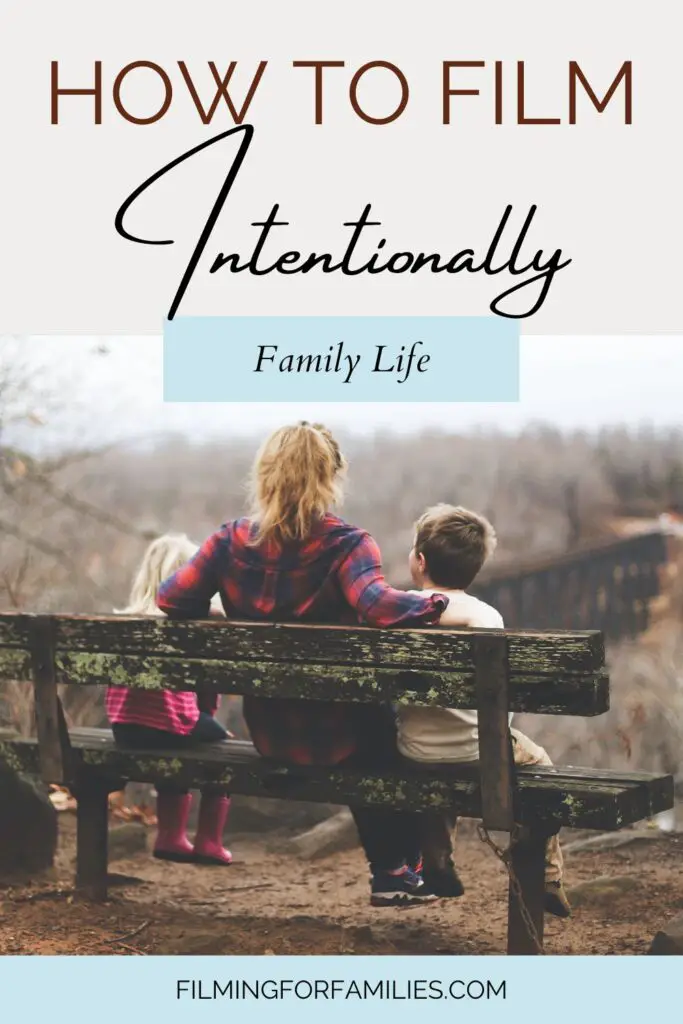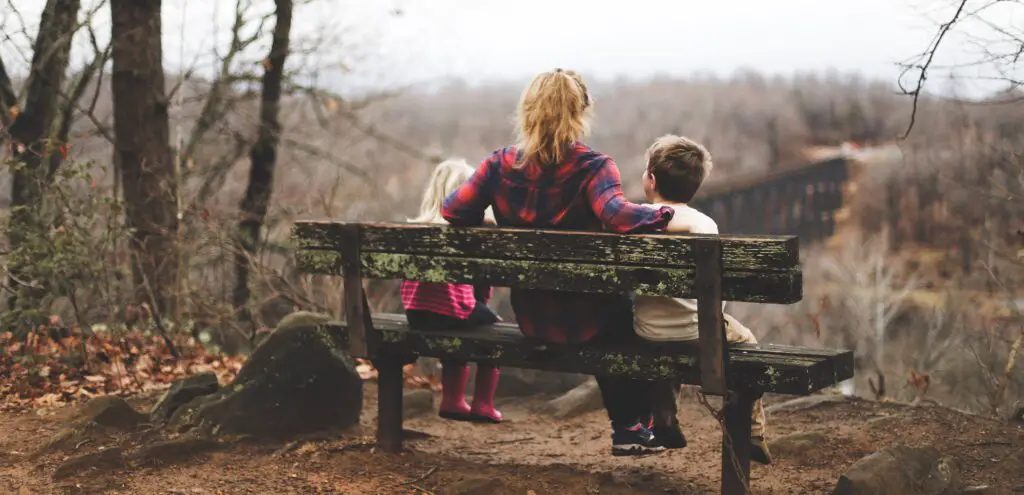Filming is a powerful tool for learning and growth. It allows us to take control of our own perception and get out of our own way. But when filming for the sake of filming, we can end up with a lot of footage that isn’t very useful or interesting. Filming intentionally means knowing what you want to achieve through your video and making sure you have the tools necessary to get it done. Being present and documenting only the moments that matter to you is a skill that can be developed.
Reasons why you should document intentionally
It keeps your subject matter consistent
Documentation helps you keep track of what you have learned and how you learned it. When you start a new project, it can be difficult to remember exactly what happened in the last project or what was learned from previous experiments. The documentation gives you a record of past events so that they are available for future reference and study.
Quality over Quantity
More often than not, more video clips and photos do not mean a better film. In fact, between the excitement of being in the moment, we often take way too many photos or videos that eventually become lost in our camera rolls. Whether they are duplicates, blurry or someone isn’t looking. Let’s all try better to either control ourselves on tapping the button or going back to our camera rolls and deleting the unusable ones. Less is more and quality over quantity.
You have time to prepare emotionally and intellectually
Documenting events as they happen gives us the chance to think about what we want to say before we say it. We can take our time in preparing the video and editing it afterward so that we are able to get it right before sharing it with the world. Also, if we are filming an event where people are crying or laughing, it is important that we take our time so that we do not miss anything important while editing our footage later on.
Continued memories and emotions
If you are documenting things like family vacations or other trips or events with friends or family, then this could be a great way for everyone involved to see how much fun everyone had together during those times. This will help them remember what happened during those times even after months have passed by between each episode being filmed and released online for all of your friends, family members, and subscribers to see!
Documenting intentionally creates a distraction-free environment.
When we’re working on a project, it’s easy to get distracted by thoughts of what else we could be doing, or guilt over all the work we have left to do. Documenting helps reduce these distractions by creating a clear task list of what needs to be done, with no ambiguity about what should be next. It also helps us stay focused on the task at hand, which is essential when you’re trying to accomplish something in a limited amount of time.
How to know the right time to pick up your camera to film
● The person or people being filmed are relaxed enough for their guard to be down and open up more freely with their thoughts and feelings.
● You’re feeling confident about what you’re saying, so there won’t be any hesitation in your voice or body language while filming.
● The right lighting. You don’t want your subject to be backlit or have shadows on their face, and you don’t want them in direct sunlight. Natural light is best, but you can use artificial light too.
● Strong sound quality. The microphone should be close enough to pick up what’s being said without picking up background noise like traffic or other people talking.
● You’re familiar with the equipment, including how to turn on the camera, change settings, use the tripod and adjust focus. You’ve tested all of this before shooting so you don’t waste time having to figure it out while your subjects are waiting patiently for you to get everything just right.
● You have a plan for what you’ll say next. If you’ve got an idea of what you want to say, then it’s a good idea to film because it will be more natural and easier for people to follow along with what you’re saying.
● When you see something interesting happening around you or someone talking about something that interests you, it’s time to get out your camera and start recording. The most important thing is to capture the moment as it happens.
How to know it’s not the right time to pick up your camera to film
● When you don’t have permission from whoever owns the space where you plan on shooting.
● When it will disrupt other people’s peace or privacy, even if they are public spaces (like streets or parks).
● When there is no reason for you to be filming (e.g., if there isn’t any newsworthy event happening).
● If the event has already happened and there’s nothing left for you to shoot.
● If you’re trying to make money off of someone else’s work without their permission.
● You’re tired. If you’re tired, your energy will be low, which can make it difficult to perform well in front of the camera.
● Your mind is full of other things. If you’re consumed by thoughts about the past or future, they will prevent you from being present while filming your video.
● You don’t have a story worth telling. If you’re going to spend time and energy on something, you need to make sure it’s worth doing. You need a story that has depth and meaning, something that inspires people and makes them feel something. If you don’t have that, then don’t even bother starting.
Conclusion
Having a plan for what you want to capture and how you’ll use the footage is the single most important step in ensuring that your video production will be successful. Yes, you can wing it if that’s what you’re most comfortable with, but be prepared to put in extra work post-production (or even shoot again) to create something truly worthwhile. Documenting intentionally not only creates meaningful moments but it creates a mindful mindset. Ultimately, you shouldn’t have to think too hard in the moment about whether or not to pick up the camera. What matters most is being present to make the most out of the experience.
If you enjoyed this article on filming intentionally, or think we left out anything important, please leave us a comment below! We would love to hear from you!




